War in Ukraine pushing poverty higher in developing countries: World Bank
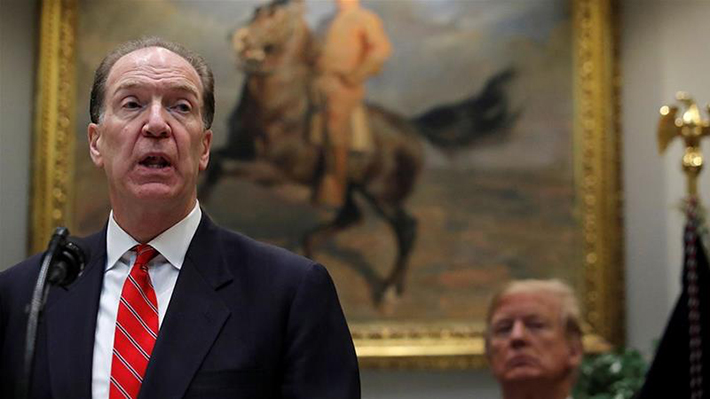
World Bank Group President, David Malpass, has expressed concern over higher poverty rates in developing countries due to Russia’s war in Ukraine and COVID-19 related shutdown.
A statement issued on Monday by the Bank quoted Mr Malpass as making this known in his opening remark at the World Bank Spring Meetings 2022 media roundtable.
“I am deeply concerned about developing countries. They are facing sudden price increases for energy, fertiliser, and food, and the likelihood of interest rate increases. Each one hits them hard.
“These plus the war in Ukraine and China’s COVID-related shutdowns, are pushing global growth rates even lower and poverty rates higher.
“We have lowered our 2022 growth rate to 3.2 per cent from 4.1 per cent before. People are facing reversals in development for education, health and gender equality.
“They are facing reduced commercial activity and trade. Also, the debt crises and currency depreciations have a burden that falls heavily on the poor,” Mr Malpass said.
While noting that many discussions this week would focus on these topics, Mr Malpass said that World Bank expected the debt crisis to continue to worsen in 2022.
According to him, debt and inflation are two big problems facing global growth.
He said that countries are under severe financial stress due to high debt and deficit levels.
“About 60 per cent of low-income countries are already in debt distress or at high risk of it.
“I participated virtually in our April 13 conference on debt transparency and sustainability and suggested steps to improve the implementation of the Common Framework.
“These included establishing a timeline for forming creditors’ committees and suspension of debt service payments and penalty interest.
“Others are expanding eligibility: a simple rule so that it can be evaluated and enforced and engaging commercial creditors at the beginning of the process,” Mr Malpass said.
On inflation problem, he said it was causing immense strain. Mr Malpass, however, said that policies need to be adjusted to enhance supply, not just increasing demand.
“Markets are forward looking so it is vital for governments and private sectors to state that supply will increase and that their policies will foster currency stability to bring down inflation and increase growth rates.
“This is especially important as global supply chains shift away from dependency.
“Central banks need to use more tools under current policies. The inequality gap has widened materially, with wealth and income concentrating in narrow segments of the global population.
“Central banks can use more of their tools, not just interest rates.
“Capital is being misallocated now. One of the focal points should be using all the central bank tools so that capital is allocated in a way that helps increase supply.
“That will be an effective way to address inflation,” he said.
Mr Malpass listed some of the tools to include changing the duration of their portfolio, encouraging supply through their regulatory policies and providing forward guidance that fosters currency stability.
(NAN)
We have recently deactivated our website's comment provider in favour of other channels of distribution and commentary. We encourage you to join the conversation on our stories via our Facebook, Twitter and other social media pages.
More from Peoples Gazette

Politics
Katsina youths pledge to deliver over 2 million votes to Atiku
“Katsina State is Atiku’s political base because it is his second home.”
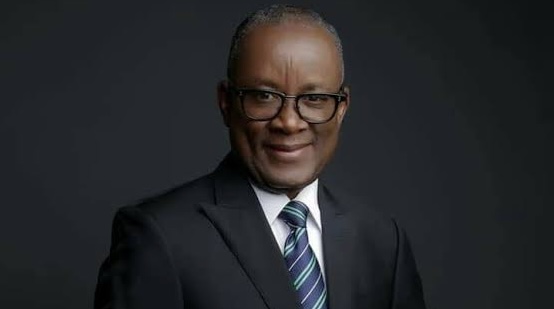
Sport
Ministry signs N35 billion MoU with firm for sports development
Mr Enoh said that the partnership would help to inject funding into sports development from the private sector.
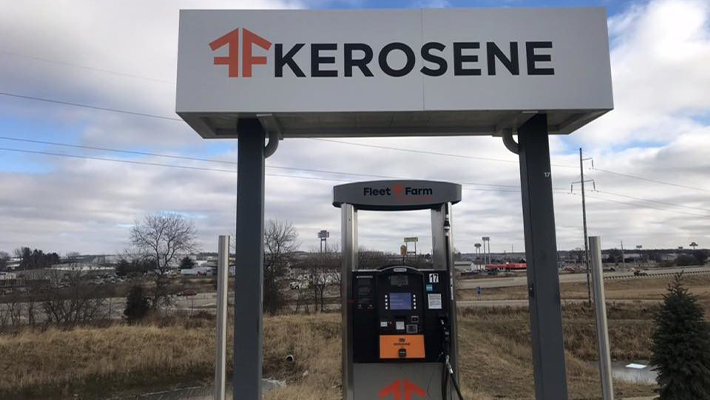
Economy
Kerosene price stood at N1,354.40 in March: NBS
It said the South-South recorded the lowest average retail price per litre of kerosene at N1,273.07.
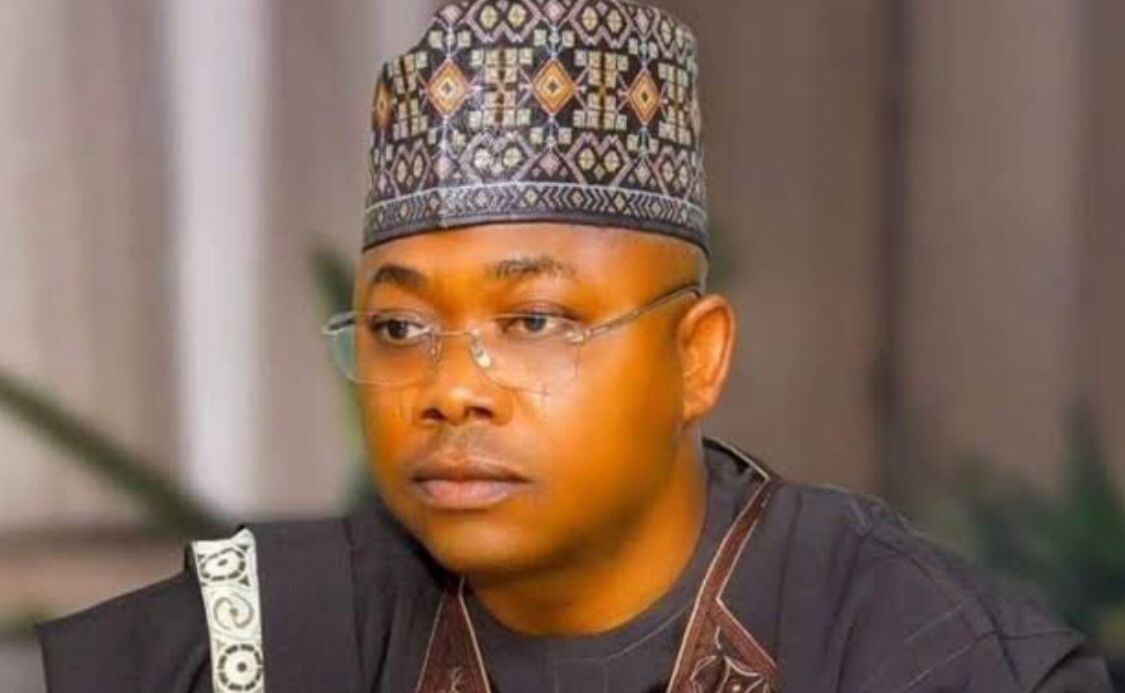
States
Gov. Ododo warns against breach of peace
My administration will no doubt resist any attempt to instigate violent protests in any part of the state under any guise
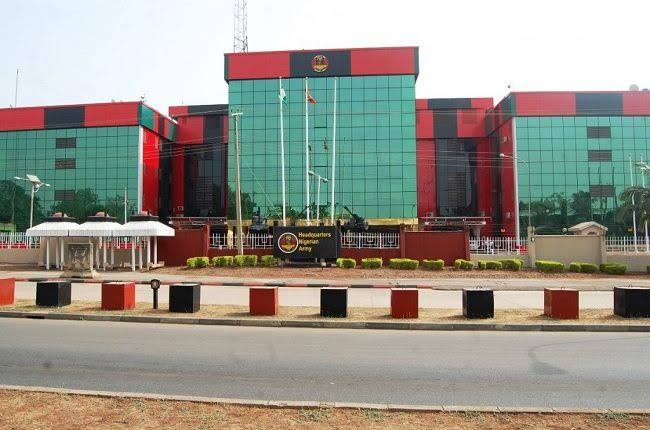
Heading 2
Okuama Killings: Senator commends DHQ for release of detained traditional ruler
The king was released on Friday by the Defence Headquarters after spending about three weeks in the military custody.

Heading 3
Court adjourns Nnamdi Kanu’s N1 billion suit against FG for adoption of processes
Mr Benye said the instant suit was an abuse of court process.

Heading 5
Two die in Ilaro-Owode road crash
She said that a total number of seven people were involved, which comprised four men and three women.








